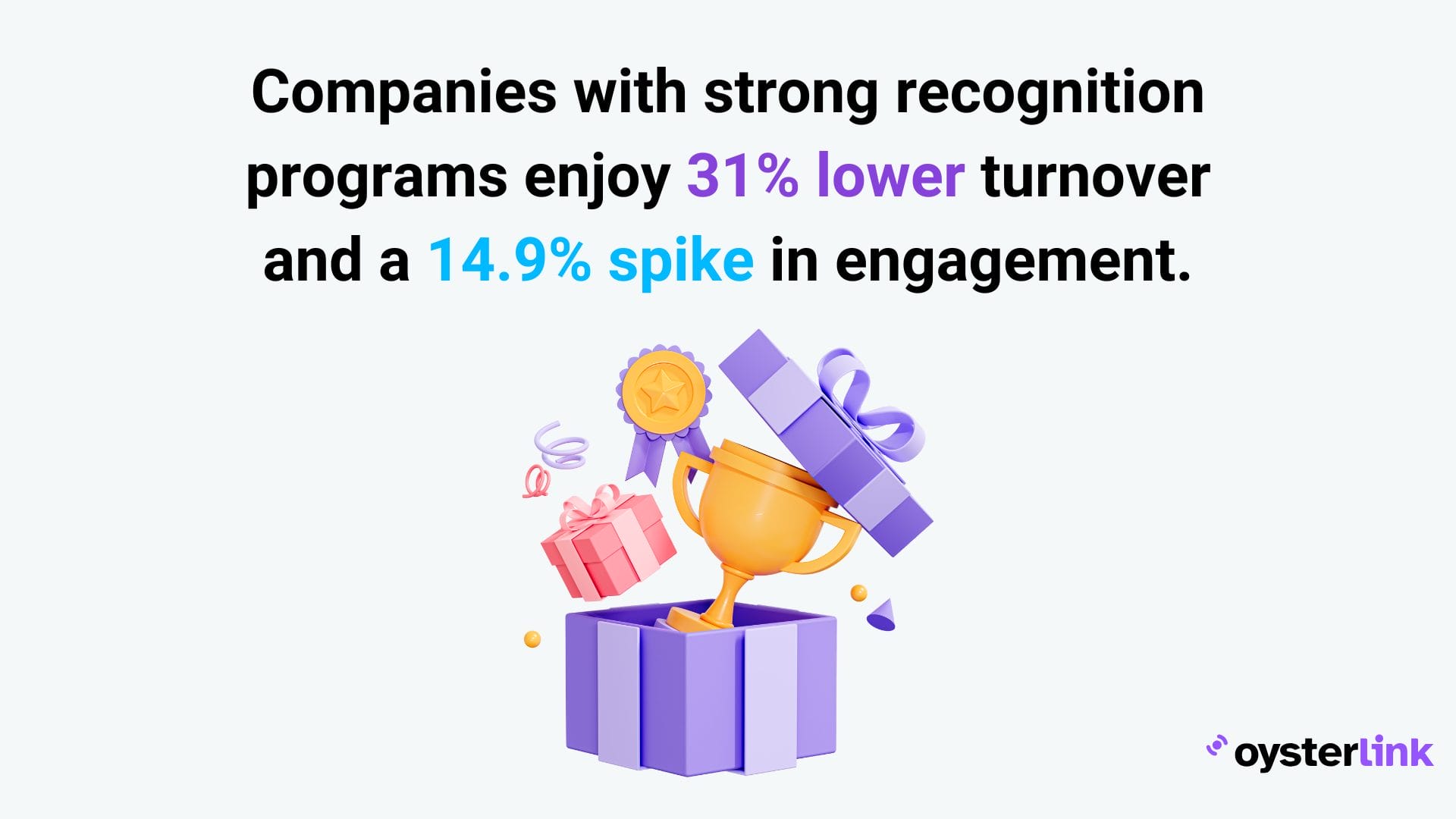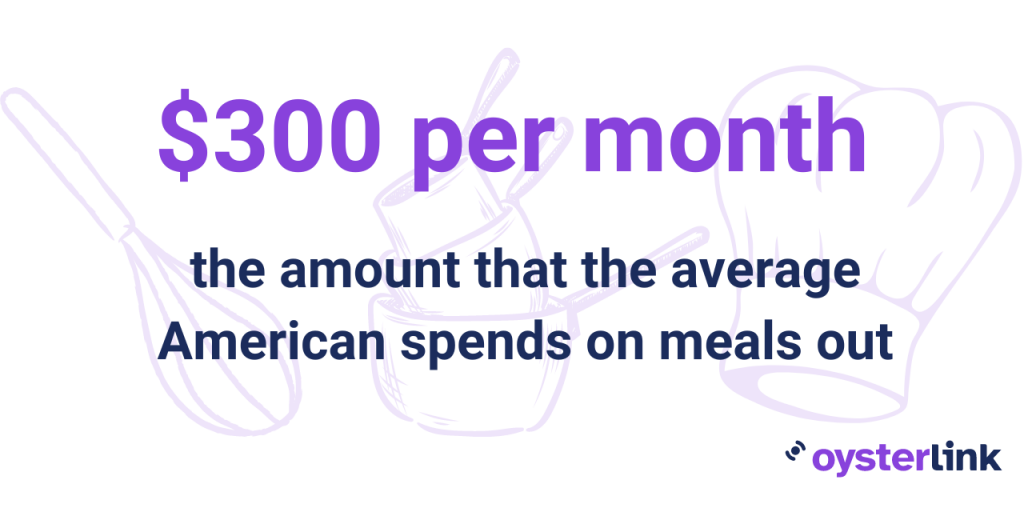As a Restaurant Manager, you’re juggling a million things at once. But you don’t have to do it alone. We’ve curated a list of real-life restaurant management tips that busy managers like you can implement right now to see real results.
Top 10 Restaurant Management Tips
Below are 10 restaurant management tips to help the your restaurant business succeed. Explore them and learn restaurant operations tips to manage your establishment in the most efficient way.
1. Set Clear Expectations
The success of a restaurant boils down to effective planning and communication. When assessing the operations of your restaurant, you want to anticipate needs or any challenges that may arise. Consequently, you need to plan contingencies and ensure that all your team members know what is expected of them.
As part of your approach to effective restaurant management, clearly communicate what each of your employees is supposed to do in all situations and show them how they can achieve the desired results. In doing so, you will ensure smooth restaurant operations that can go on uninterrupted regardless of what is happening.
2. Develop Standard Operating Procedures (SOPs)
Establishing clear Standard Operating Procedures (SOPs) ensures consistency and efficiency in restaurant operations. SOPs provide detailed guidelines for tasks ranging from food preparation to customer service, helping staff understand their responsibilities and perform tasks uniformly. Regularly reviewing and updating these procedures keeps them relevant and effective, contributing to smoother day-to-day operations.
3. Create a Positive Work Environment
It is the job of your front-of-the-house employees to, among other things, ensure the highest level of customer service. While restaurant Servers can deliver food and make recommendations, they should also be pleasant and happy when they do so. Fostering a positive environment is a crucial element of effective restaurant management as it helps boost morale and productivity.
A positive work environment not only boosts employee morale but also enhances productivity and reduces turnover rates. Implementing an “Employee of the Month” program, offering gifts on major holidays and providing small gestures like a free dessert weekly can make staff feel valued and appreciated. In fact, companies with effective recognition programs see 31% lower turnover rates and a 14.9% boost in employee engagement.

It’s also equally important to make your employees feel valued and heard. Encourage open communication and give your employees a chance to voice their concerns and ask questions. Provide them with constructive criticism and make sure that they learn from one another.
4. Plan Ahead
Effective restaurant management requires proactive planning.
Anticipating challenges before they arise can save time, money and stress in the long run.
That’s why you should focus on:
- Budgeting: Monitor your restaurant expenses and prepare for slow seasons and busy periods accordingly.
- Inventory: Keep track of items that you have in your inventory and make sure not to order too much or too little of a particular item.
- Scheduling: Anticipate busy periods and schedule staff accordingly. Ensure you have enough staff during peak hours without overstaffing during slower times.
5. Gain Hands-On Experience in Various Roles
The better you understand your business, the better you will be prepared for any issues that may arise. Spending time in different roles is a valuable restaurant manager tip that enables you to connect with employees and understand operations from different perspectives.
Talk to your employees and familiarize yourself with the kitchen operations and how the Servers go about taking the food out and interacting with customers. Consequently, you will know what potential issues may arise and you will be better acquainted with making suggestions on how to resolve a particular issue.
6. Regularly Review and Update the Restaurant Menu
The average American spends about $300 per month on eating out.

[Source: Ramsey Solutions ]
One of the most effective restaurant operations tips is to keep track of which dishes sell best during specific seasons and plan your menu accordingly: Offer different seasonal menus with an emphasis on items that are in season. If you notice that particular items on your menu sell better than others, lean into it and offer your patrons similar options.
7. Prioritize Customer Satisfaction
Keeping your customers happy is the lifeblood of any successful restaurant. Think about it: When you (as a customer) have a great dining experience, you’re more likely to return and tell your friends and family about it.
But when you have a bad experience, you might not come back and you’ll probably warn others to stay away. Customer satisfaction is at the heart of effective restaurant management. The first step is to properly train your front-of-house staff.
Teach them to be friendly, attentive and efficient. Make sure they understand that every customer is important and deserves to feel special. A little personalized service goes a long way — things like remembering a regular’s favorite drink or quickly fixing an issue without the customer having to ask.
Also, you really want to harness the power of social media to connect with your customers and promote special events or new menu items. Set up loyalty programs to reward your regular diners and collect valuable feedback through surveys.
8. Develop Career Growth Opportunities
In the restaurant industry, having a 75% employee turnover rate is a good benchmark to have. This means that your employee turnover rate shouldn’t go higher than 75%. The data suggests that your core employees will remain while less experienced employee who came to the restaurant more recently will leave (or underperform and be asked to leave).
Providing competitive benefits and focusing on staff retention is one of the key Restaurant Manager tips for reducing turnover rates and fostering a loyal team. Either way, high turnover rates can lead to costly rehiring and training or will lead to your staff being overburdened.
We interviewed Sarah Diehl, founder of Empowered Hospitality and a hospitality expert with years of experience in building exceptional workplace cultures. She emphasized that turnover comes at a high cost, both financially and culturally, for businesses in the hospitality industry:

“And there is a cost to turnover. Turnover can be anywhere from $5,000 to $10,000 for any hourly employee.
With a 70% annual turnover — an industry average — that’s substantial. If 70 employees leave at $5,000 each, the cost quickly adds up.”
Therefore, make it a habit to host regular workshops and training sessions to keep your team in the loop with the latest industry trends and best practices. Encourage cross-training so everyone can step into different roles. Offering these opportunities shows your commitment to growing your staff’s skills, while keeping morale high.
9. Delegate
Delegating tasks is beneficial to your restaurant for several reasons:
- It shows your employees that you trust them.
- It allows you to focus on the most pressing tasks at hand.
- It alleviates some of the pressure you’re experiencing.
Aside from the above benefits, your employees will likely be more satisfied knowing that you trust them to get the job done. Delegation is a core aspect of managing a restaurant effectively. In turn, this could positively influence employee satisfaction rates. Just make sure to not overburden your employees and lead them to burnout.
10. Use Technology
Incorporating modern technology into your restaurant management strategy isn’t just a luxury — it’s essential for boosting efficiency and profitability. Leverage point-of-sale (POS) systems to track sales in real-time and gain valuable insights into inventory management.
Streamline staffing by using scheduling software, ensuring you’re always fully staffed without overspending on labor costs. Don’t overlook customer relationship management (CRM) tools, which can help enhance the guest experience, build loyalty, and drive repeat business. Embracing these technologies will not only simplify your operations but also put you ahead of the competition.
11. Maintain Financial Oversight
Keeping a close eye on your restaurant’s financial health is essential for long-term success. Regularly review profit and loss statements to identify areas for improvement. Implement cost-control measures, such as monitoring food and labor costs, to maximize profitability. Establish a budget and adhere to it, making adjustments as necessary based on financial performance.
Who Is Involved in Restaurant Management?
There are several key roles that ensure the proper management of a particular establishment and the main ones are:
- Restaurant Owner: The Restaurant Owner is the first person responsible for proper management. They can be hands-on and involved in daily restaurant operations. Otherwise, they can delegate the management to the team, usually consisting of a Restaurant Manager and a Head Chef.
- Restaurant Manager: The Manager is responsible for overseeing all operations of the restaurant to which they’re assigned. This can include inventory, staffing, schedules, customer service and more.
- Head Chef: A Head Chef (or alternatively, a Kitchen Manager) is responsible for overseeing kitchen operations. This includes menu development, food preparation, sanitation standards, inventory and more, depending on the size of the restaurant.
Conclusion
While managing a restaurant is not easy, using the above restaurant management tips can help you navigate tasks and improve your establishment’s operations. By setting clear expectations, fostering a positive work environment and properly training your staff, you can anticipate and quickly address all issues that may arise.
FAQs About Restaurant Management Tips
If your employees feel valued and appreciated, they will be more motivated to go above and beyond for each patron and deliver exceptional (or even personalized) customer service to regulars. Also, make sure you go through customer reviews and incorporate feedback from both employees and customers.
Yes, being proactive is an important step in restaurant management. You can actively track your inventory and staffing schedule and anticipate slow and busy schedules. Doing so ensure that you have all the items you may need while also never having to worry about too many or too few employees working on the restaurant floor.
Some of the common restaurant management mistakes are:
- Poor financial planning
- Lack of employee training
- Poor communication
- Failure to incorporate guest feedback
- Inability to adapt to dining trends
- Poor inventory management
- Lack of marketing efforts
To improve staff retention, provide competitive benefits, offer career development opportunities and create a positive workplace culture. Recognizing achievements and encouraging open communication also contribute to higher employee satisfaction and loyalty.
Effective financial management includes budgeting for profitability, monitoring key financial metrics like prime cost and cash flow and optimizing inventory management to reduce waste and control costs.

Written by Lidija Misic
Lidija holds a BA in English Language and has lived in five different countries, where she has worked in various roles, including as a flight attendant, teacher, writer and recruiter. Her biggest passion is crafting great content and reading. She is particularly passionate about creating punchy copy that inspires people to make positive changes in their lives.

Reviewed by Marcy Miniano
Marcy is an editor and writer with a background in public relations and brand marketing. Throughout her nearly decade-long career, she has honed her skills in crafting content and helping build brands across various industries — including restaurant and hospitality, travel, tech, fashion and entertainment.




